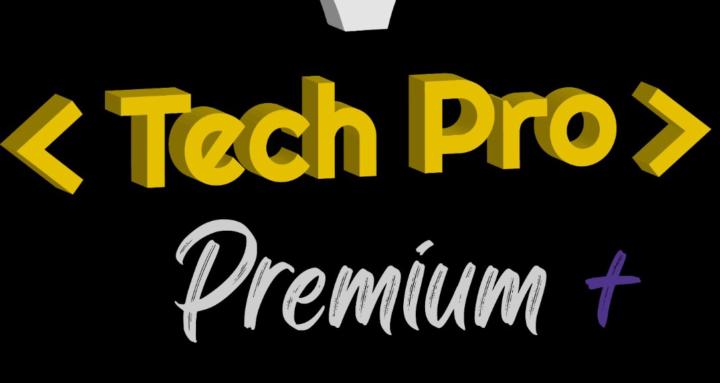Jan 24 • ⚒️ Interview Questions 🛠️
Are Behavioral Interviews Just as Important as Technical Ones?
For software engineers, technical interviews often take the spotlight, but behavioral interviews are just as critical. They reveal how you work with others, handle challenges, and fit into a company’s culture.
Some common questions you should prepare for include:
1. “Tell me about a time you overcame a challenge.”
o Example: "In my last project, we faced a major delay when a key team member unexpectedly left. I took the initiative to reassign tasks, stepped in to cover some of the work, and helped onboard a replacement quickly. As a result, we delivered the project only one week behind schedule instead of a month."
2. “How do you handle conflicts with teammates?”
o Example: "During a collaborative project, a teammate and I disagreed on the best way to implement a feature. I suggested we each prototype our ideas and then review them together as a team. This approach not only resolved the conflict but also led to a stronger final solution by combining the best aspects of both proposals."
3. “What’s a project you’re most proud of, and why?”
o Example: "I’m most proud of building a real-time chat application for a startup. It was my first time working on a product at scale, and I had to learn about WebSocket protocols and optimize performance for thousands of concurrent users. The application ended up being a key feature that helped the company retain users."
Behavioral interviews are every bit as important as coding challenges—they assess the qualities that make you a strong teammate and problem solver.
How do you approach preparing for these kinds of questions? Have you ever felt that your performance in a behavioral interview helped you land (or lose) an opportunity? And do you have a go-to strategy for showcasing your soft skills during these conversations?
4
0 comments
powered by

skool.com/tech-pro-odyssey-3339
Helping Bootcamp Grads, Self-Taught, and CS Grads Land Jobs in Tech. Learn how to network & automate your job hunt. Earn weekly cash rewards.
Suggested communities
Powered by
